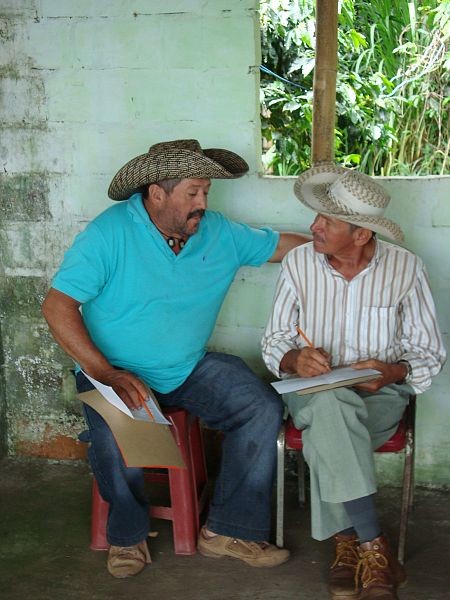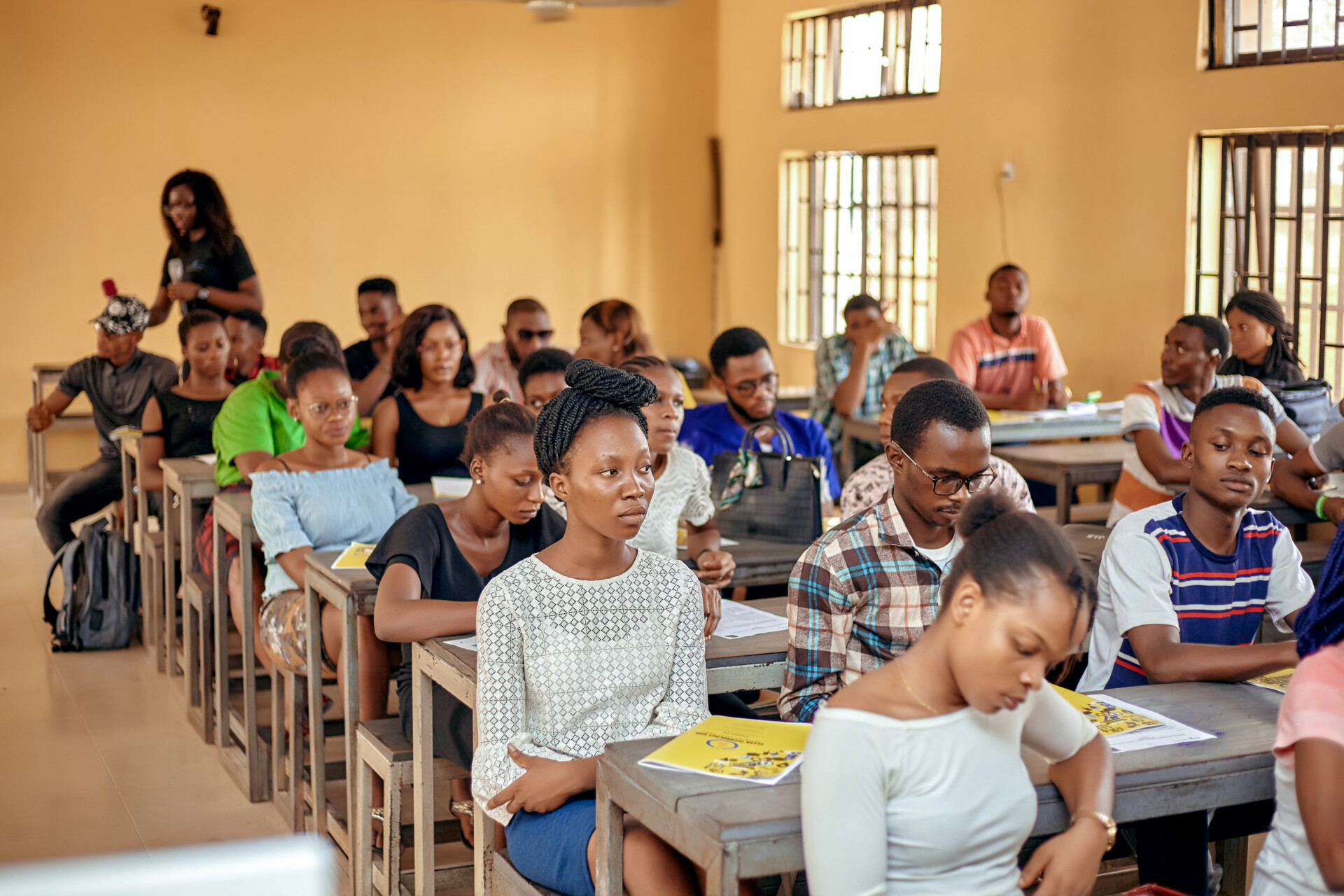Biraj Gautam and Rabin Shrestha share their lessons from the latest visits to the micro hydro power sites in Jumla and Baglung.
International Day of the World’s Indigenous Peoples
We would like to spotlight the fact that indigenous communities around the world are leveraging decentralized renewable energy solutions to strengthen their livelihoods and protect their land. On the occasion of the International Day of Indigenous People, check out our project examples from Malaysia and Colombia on how advancing SDG7 can also effectively contribute to empowerment of indigenous communities.
One example is the “Integrating Watershed Development and Conservation” project which was implemented by our partners GreenEmpowerment and Tonibung in the Ulu Papar rainforest region in Malaysia: Here, three micro-hydro powered mini-grids were developed in close cooperation with the people of the villages of Pongobonon, Kalangaan and Longkogungan. More than 500 of the Orang Asal people living in 50 extended family households directly benefited from the project activities, which also included the building of pipe gravity and water filtration systems, training community members in systems operation, maintenance and administration, establishing finance mechanisms for small-scale agricultural processing, as well as developing a watershed protection plan for each village to preserve 2231 hectares of tropical ancestral rainforest. Besides such direct effects on their livelihoods, the project contributed to the political empowerment of the larger indigenous movement in the region, which eventually achieved a moratorium on the construction of a large dam in their territories.

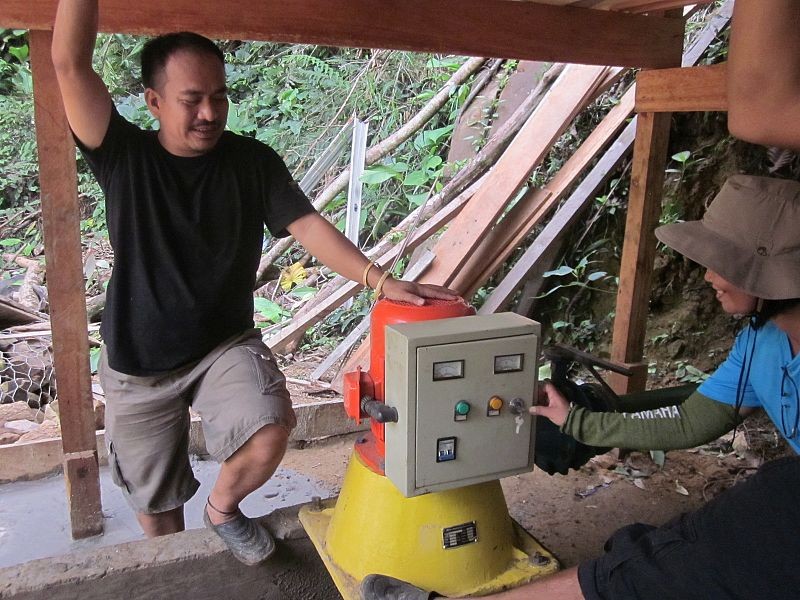

Another example of how WISIONS aims to strengthen the role of community-based initiatives in promoting the diffusion of sustainable energy solutions in rural contexts is the conduction of research workshops on sustainable family farm practices in Colombia. In transdisciplinary formats, we aim to create spaces for the exchange and integration of knowledge from different perspectives, including representatives from farmer associations, NGO’s, research institutions, as well as local state institutions. Previous research by WISIONS on this topic has shown that the sustainable adoption of renewable energy solutions is often closely related to the level at which those energy solutions are integrated into the farming systems of rural households, and that community associations play a key role in that process.
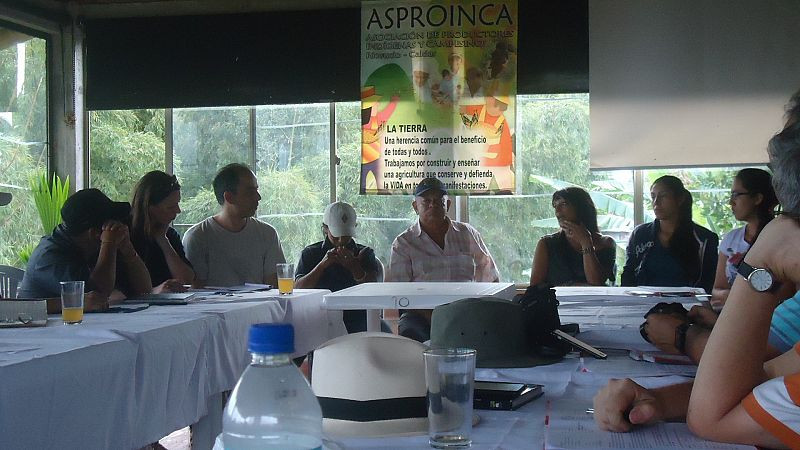
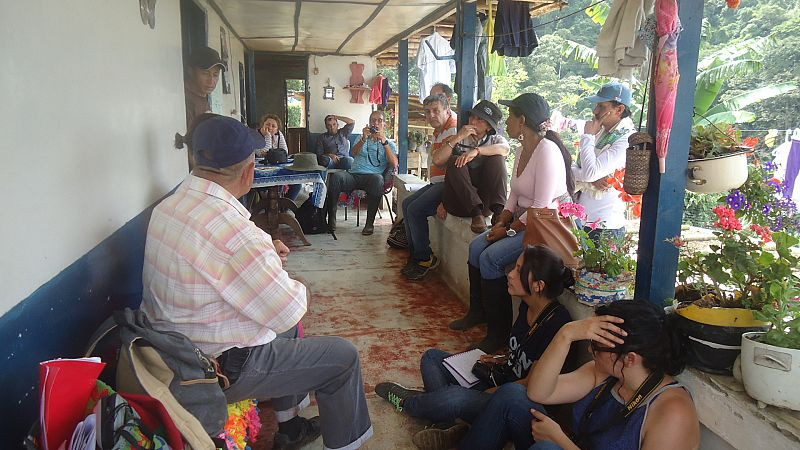
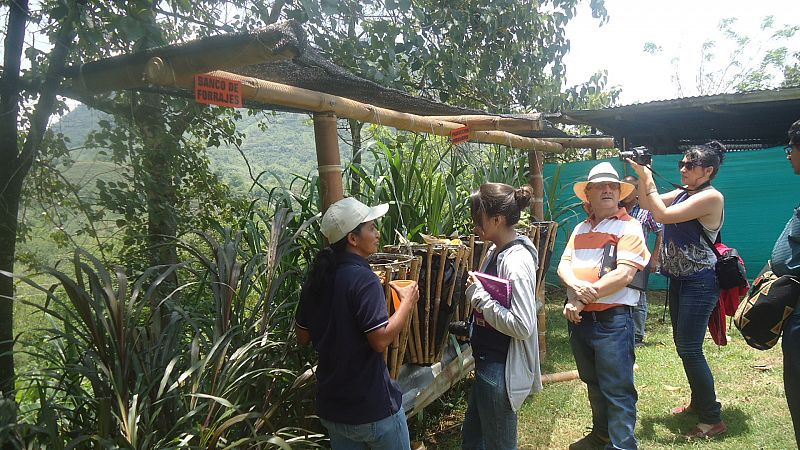
We believe that promoting the appropriation of clean energy technologies does not only advance SDG7. It can also positively impact multiple dimensions of the development opportunities of indigenous people. In this way energy becomes a means for reducing inequality and marginalization.
